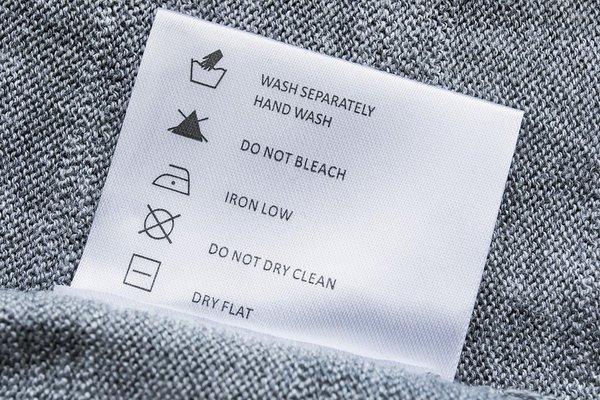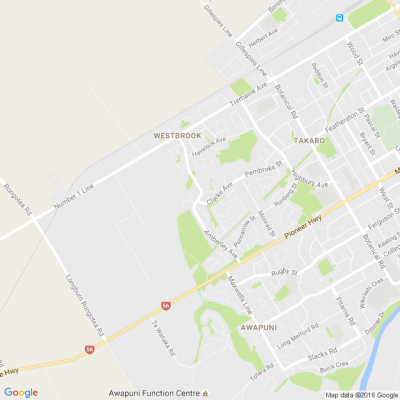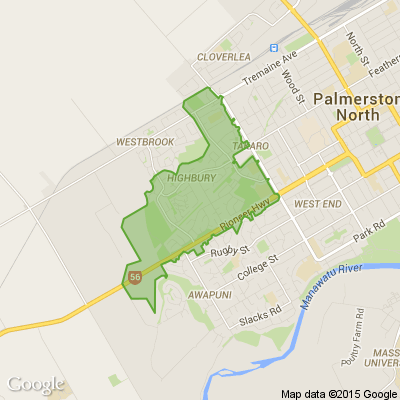Care Labelling
It is mandatory under the Consumer Information Standards (Care Labelling) Regulations 2000 for many new textile goods supplied in New Zealand to comply with specific sections of the Standard AS/NZS 1957:1998 Textiles – Care labelling.
The purpose of the care labelling consumer information standard is to make sure that:
• consumers are aware of the method and cost of caring for textile products when they are buying them
• a cleaner can confidently use the information to take care of the textiles
• the textile’s life is not shortened by inappropriate care information or no information
• the textile is not damaged or destroyed by inappropriate care.
It is illegal to supply textile goods that do not comply with this standard and the regulations.
The regulations set out the types of textile goods covered by the standard and what parts of the standard apply to New Zealand.
The standard sets out the words, terms and symbols to use on a label to show the correct way to care for textile goods, including dry-cleaning and washing.
The regulations are issued under section 27 of the Fair Trading Act 1986.
Who do the regulations apply to?
Any person supplying, offering to supply or advertising the supply of new textiles, that require care labelling information, must comply with the regulations. Any person includes retailers, importers, distributors and manufacturers.
Types of supply include textile goods for sale in a shop, on internet auction sites, at markets or stalls or in craft shops.
What textile items have to be labelled with care information?
The care labelling standard contains more details and requirements, some of which are very technical. You should read both the regulations and the standard to make sure you understand all the labelling requirements.
Keep reading: www.curtainclean.co.nz...

Poll: Do you think banning gang patches is reasonable?
With the government cracking down on gangs, it is now illegal for gang members to display their insignia in public places whether through clothing or their property.
This means arrests can be made if these patches are worn in places like restaurants, shops, on public transport or ferries, and on airplanes. Arrests were made recently at a funeral.
Do you think this ban is reasonable?

-
77% Yes
-
21.6% No
-
1.4% Other - I'll share below
What's your favourite recipe for courgettes?
Kia ora neighbours. If you've got a family recipe for courgettes, we'd love to see it and maybe publish it in our magazine. Send your recipe to mailbox@nzgardener.co.nz, and if we use it in the mag, you will receive a free copy of our January 2025 issue.

Pregnancy Study - Seeking participants for Massey Observational study
Are you less than 15 weeks pregnant or know someone who is?
I would love to hear from you regarding joining an Observation study on New Zealand Pregnant woman investigating Thyroid function. We are seeking participants who are: - ages 18 years or older - Who are early in their pregnancy (less than 15 weeks)
What your participation involves:
• We will ask you a series of questions about your dietary intake, supplement use and lifestyle.
• We will ask you to collect a sample of urine to analyse some micronutrients.
• We will take a blood sample to analyse for micronutrient status and thyroid function.
• After your baby is born we ask that you send us some of baby’s nail clippings
We reimburse your travel expenses.
If you or someone you know would like to take part, or to find out more about the study, please get in touch via email WOVEN@massey.ac.nz or phone 06 951 6437







 Loading…
Loading…






















